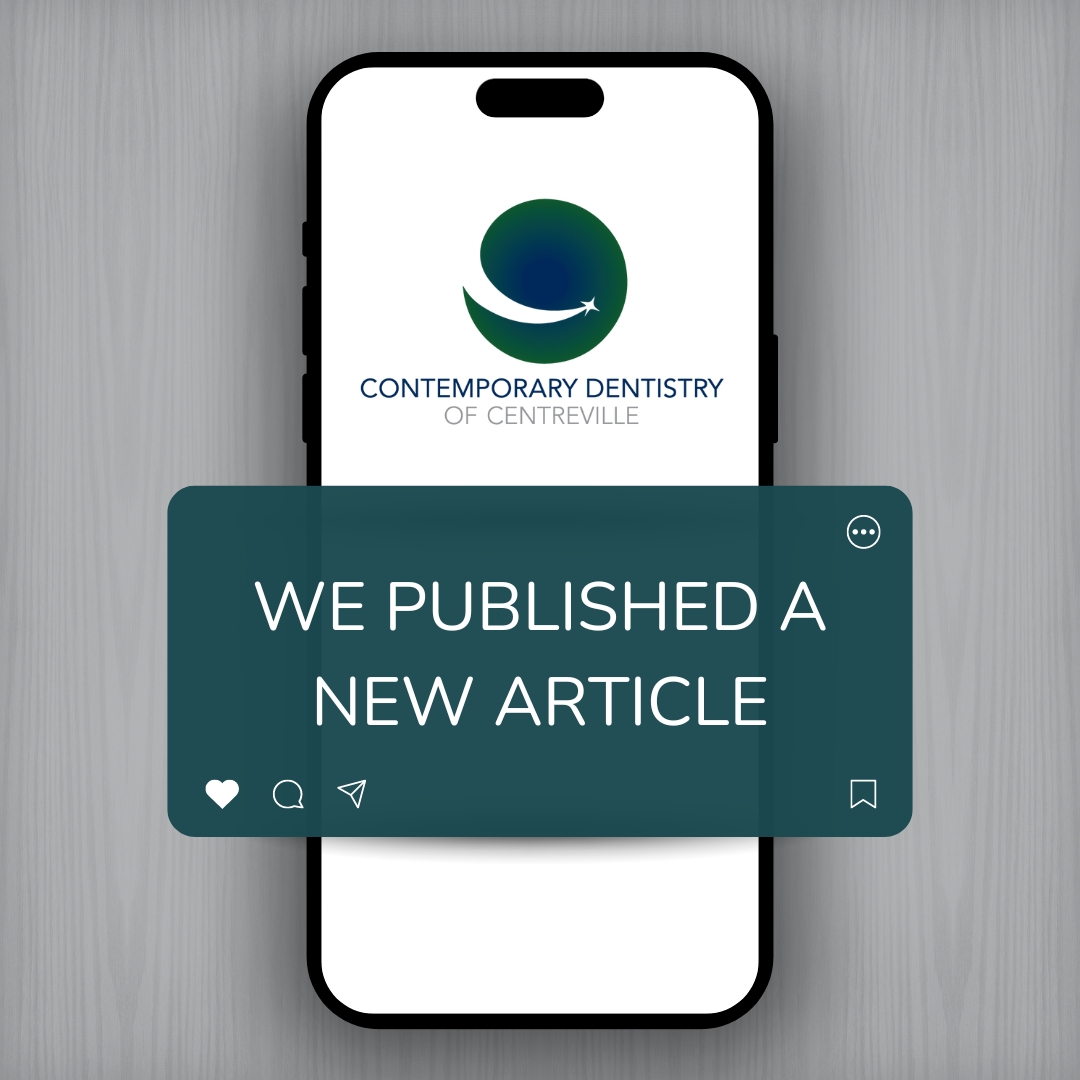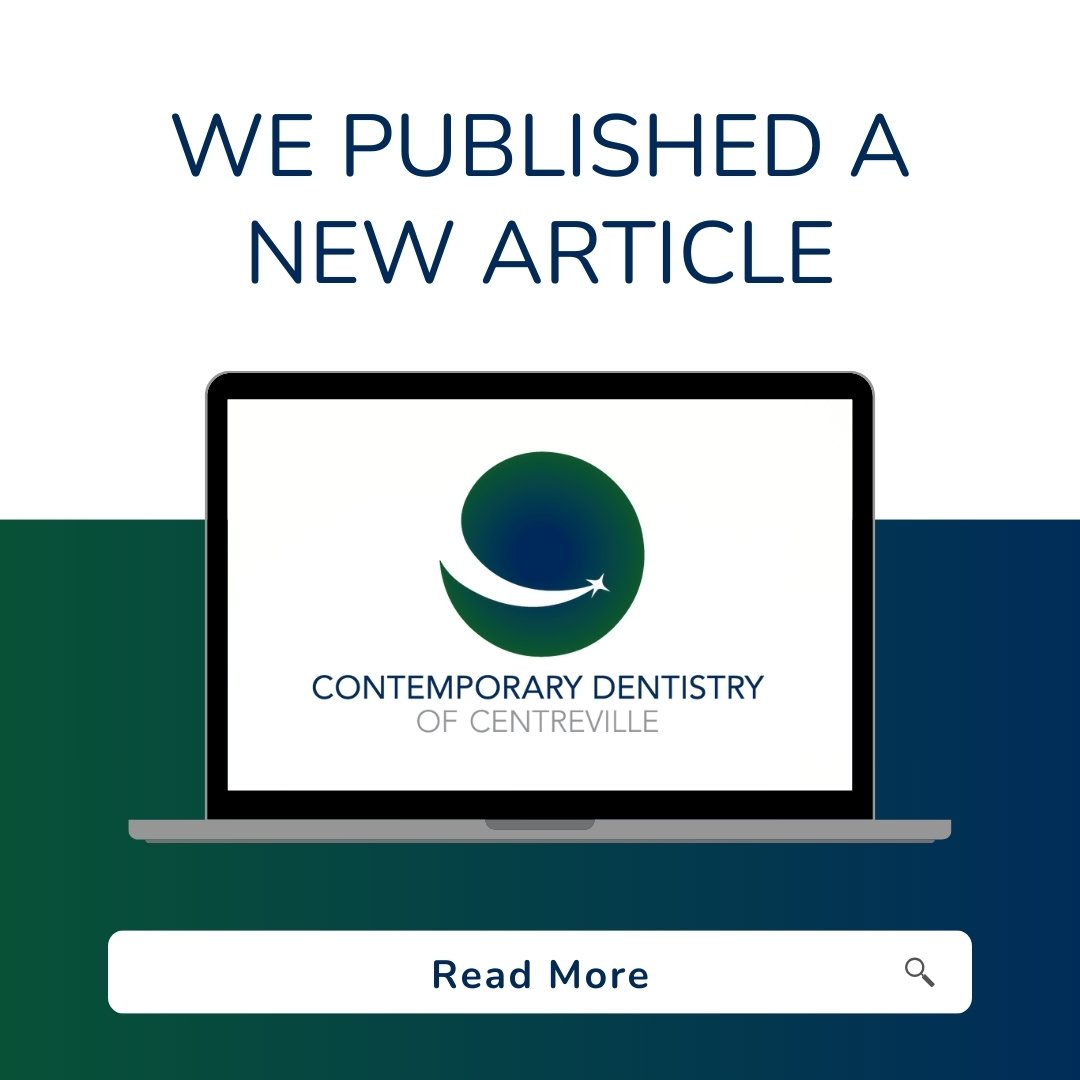
GUM ISN’T ALL ABOUT freshening your breath. While it definitely helps after that garlic pasta you had for lunch, did you know chewing sugarless gum can also prevent cavities and improve your oral health?
Chewing Gum Increases Saliva Flow And Prevents Cavities
According to the American Dental Association, studies show that chewing sugar-free gum for 20 minutes after a meal can prevent tooth decay. The act of chewing increases saliva flow in your mouth. The saliva then washes away food and neutralizes acids, cleaning and protecting your teeth from cavity-causing bacteria.
You’ll want to make sure your gum is sugar-free, however. While gum that contains sugar also increases saliva flow, the sugar actually feeds the bacteria in your mouth, putting you at greater risk of decay. We definitely don’t want that!
Quick tip: Sugarless gum sweetened with xylitol even reduces the amount of bacteria that stick to your teeth!
Chewing Gum Helps Strengthen Tooth Enamel
Saliva contains necessary calcium and phosphate that strengthens tooth enamel. After a meal, reinforcing your enamel can be especially beneficial in fighting off bacteria and decay.
Look For Sugarless Gum With The ADA Seal
The ADA seal demonstrates that the gum has been tested and proven to do at least one or all of these three things: reduce plaque acids and cavities, promote remineralization of tooth enamel, and reduce gingivitis. If you want a sugarless gum you can trust to boost your oral health, look for the ADA seal.
Don’t Stop Brushing And Flossing
Even though chewing sugar-free gum can aid in keeping your mouth healthy, it should never serve as a substitute for regular brushing and flossing. Your best defense against decay and dental disease is to brush teeth twice a day using a fluoride toothpaste as well as floss once daily!
Healthy Habits Make For A Healthy Mouth
Add chewing sugarless gum to your list of mouth-healthy habits! Along with daily brushing and flossing, chewing sugar-free gum after meals can help decrease your risk of cavities and strengthen tooth enamel. Of course, after that garlic pasta, fresher breath is an added bonus!




















